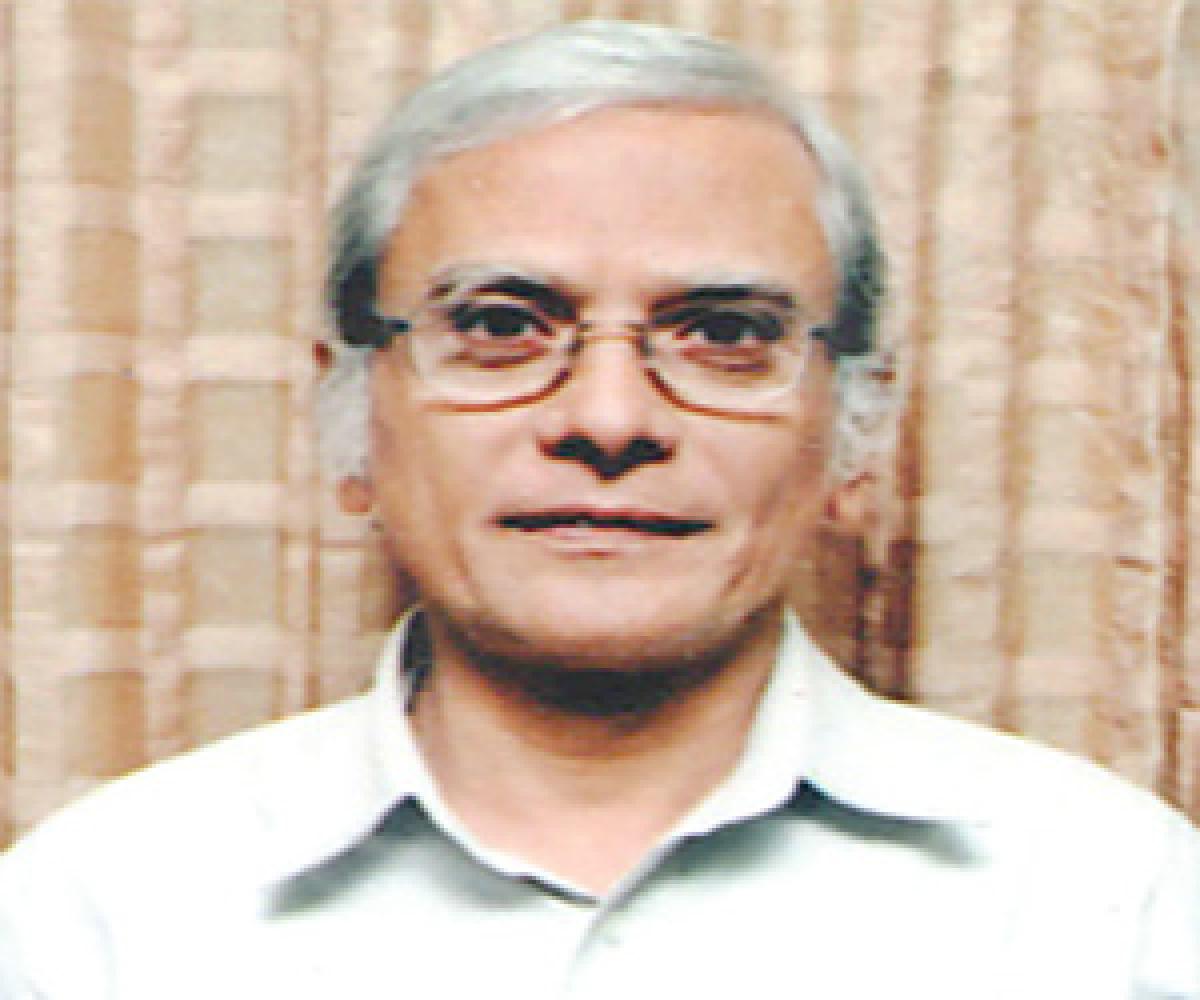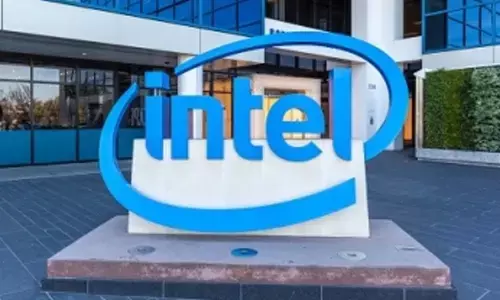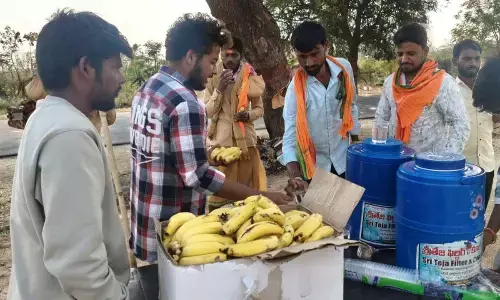Some special memories from around the world

With the advent of the information and communication technology era travel has lost its erstwhile luster. And so with the explosion of the “social media”, has the magic earlier associated in yesteryear with foreign travel communicating with or “pen friends” and the novelty of collecting coins and postage stamps of distant and exotic lands.
With the advent of the information and communication technology era travel has lost its erstwhile luster. And so with the explosion of the “social media”, has the magic earlier associated in yesteryear with foreign travel communicating with or “pen friends” and the novelty of collecting coins and postage stamps of distant and exotic lands.
Distances have been annihilated and handwritten correspondence has yielded to Face Time, Whatsapp, Face book and video conferencing. I still remember the tingling sense I used to feel upon seeing an envelope addressed to oneself in the stack at the letter box at the college hostel or the Academy, the thrill of seeing one's name and address written out in a familiar hand, the pleasure of the mind conjuring up a vision of the ambience at the other end as described in the letter; all gone.
No more ‘express delivery’, ‘par avion’ or ‘registered post with acknowledgement due’. Not for this generation the exasperating wait outside a public ‘trunk call’ office, the confusion at being woken up in the wee hours, as the call booked the previous night ‘matured’, shaking off the sleep while trying to recall who was at the other end and what the whole point of the call was! No more conversion of the booked call from the ‘ordinary’ category to ‘urgent’ and then again to ‘lightning’ (there was, those days a category accorded even higher priority – ‘immediate’ – which, however, only some specified officials had access to).
Needless to say, together with the ability we have now acquired to "Google" whatever we wish to see or recall, the mystery that distant places were shrouded in has also become a thing of the past. Some recollections I have of a few of my own visits abroad may be worth sharing here.
I have only confined myself to recalling an unusual destination or an out-of-the ordinary incident worth recollecting in this context. These days nearly everyone has travelled abroad on time or other. Opportunities for visiting foreign countries are much more for those employed in public service or the corporate sector, especially in life of the increasingly globalized world. I myself have travelled to over thirty countries during my service.
I had never being enamoured of travelling abroad while serving in the state. I had, in fact, refused several offers to attend training courses or workshops in foreign universities and institutions. Even for my college education, I could easily have studied in a university outside the country. My father however, advised me that Indian institutions were perfectly capable of equipping me with the requisite intellectual equipment, and that opportunities to travel abroad would automatically arise as a part of my chosen profession.
I recall my having been selected for a ten - month course for training in Rural Development at the University of Birmingham which I had declined. There was however, one opportunity to visit Harvard, which was more in the nature of a study visit rather than for training. The arrangement included covering the travel and stay expenses for my wife. I would very much like to have gone.
A few days before the date set for departure I called on the Chief Secretary of the state, Jayabharat Reddy with the intension of taking leave of him. Although the state government had already cleared the proposal, the Chief Secretary appeared uncomfortable with the prospect of my absence as I was then the Secretary in the Agriculture and Cooperation department and the state was reeling under severe drought conditions.
He, however, left the final decision to me. Naturally I desisted from pressing my case and voluntarily opted out. I have, to this day, no regrets on that count as I had subsequently contributed substantially to the relief work that ensued.
In fact the only trip I undertook during the period was to Malaysia for a conference organized by the Palm Oil Research Institute of Malaysia (PORIM) as the occasion had direct relevance to the effort on at that time in the state to promote the cultivation of oil palm for the first time India. Most of my extensive travel really happened only after I joined the government of India.
Brasilia, Brazil
My nephew Sitaram Yechury had already warned me about what to expect on arrival in Brasilia.
1997. I was a member of an official delegation visiting Brazil. The then minister of agriculture Chaturanan Mishra headed the delegation.
The aircraft landed in Brasilia the capital city. No sooner had the door opened than were we overwhelmed by the strong smell of ethanol, the non-polluting fuel used for transport there. The city was pretty as a picture - clean, crisp and, above all, silent! Sensible land use and functional architecture were the two outstanding features that one noticed immediately.
If I was then impressed with the wisdom of conceiving a small and business - like capital for a country so large, I now wonder why some newly formed states of our country are busy making grandiose plans for new capital cities - not only incurring what, according to me, is grossly wasteful public expenditure, but ignoring the excellent examples of Chandigarh and Gandhinagar in India, as also Washington in the USA; and all this in spite of the sad tale of the tragedies that cities such as Naya Raipur in India and Putrajaya in Malaysia have become – both turning, quite literally, into true likenesses of “ghost” cities.
I thoroughly enjoyed the visit to EMBRAPA (the national Agricultural Research Organization of Brazil) - the agency which, almost single handedly, fuelled agricultural growth in that country, transforming it, in the matter of a few decades, from a country that imported food to one of the largest producers of agriculture commodities in the world.
Also of particular personal interest to me was the visit to a nearby cattle ranch, where I saw many “Brahmans” – the local name given to cattle from Ongole, (the place where I began service as a sub-collector). A world famous breed known for its high milk and meat yield, the smuggling of Ongole Cows has, over the years, been a cause for great concern to India.
Another memory I carry of Brazil is of the breathtaking views from the air of the mighty Amazon river, and the dense sprawling forests. A unique demographic fact I noted about Brazil is that, in sharp contrast with our country, 80% of its population is concentrated in the four major cities of Brasilia, San Paulo, Rio de Janeiro and Salvador. And doing my morning constitutional in the beautiful and famous Copacabana beach was, of course, the icing on the cake!
By: Dr MOHAN KANDA










